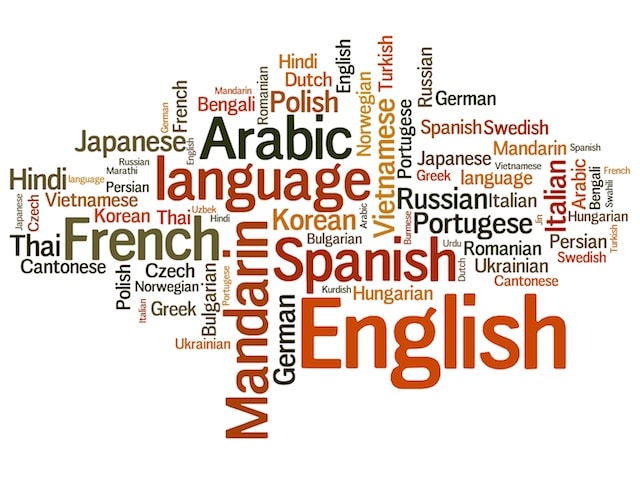The use of Human Translation Vs Machine Translation
The percentage of US residents speaking a foreign language keeps growing and that has made translation an important necessity in our day to day interactions. It is also an essential tool for communication between businesses, institutions, customers, and countries.
Historically, translation go through an agency or directly to a trained translator, but in the past few years we have experienced a technological revolution. The invention of computing, and everything that has spun off from it, has irrevocably changed the way we live and work. Machine and computer aided translation tools have been gaining more traction as technology evolves.
But when is it suitable to use machine translation as opposed to a professional human translation To answer this question, we need to look at of both solutions and understand how everything really works.
Machine Translation
Machine translation tools like Google Translate, Bing Translator and Yandex Translate are on the rise and they’re getting smarter.
Machine translation systems use a very different approach from human translators. They tend to break down into one of two basic approaches, which well call rules-based or experience-based systems. A rule-based machine translation system knows the grammatical structure of the languages it works in, and has a (usually very large) bilingual dictionary which allows it to translate one word at a time, then rearrange the translated document into what it thinks are correct sentences.
The disadvantages of Machine Translation
Let’s look at the state of machine translation as it stands today. Despite all the hype, it remains niche and experimental and, honestly, more or less useless for most commercial purposes. There are plenty of free machine translators out there, but even the best and the most well-funded tend to produce awkward wording and sometimes the translations they offer are just plain wrong. You might think that this approach would produce at least passable results, but in fact translations produced in this way are often all but unintelligible. Without any understanding of context, meaning or idiom the way that language is actually used in practice, rather than the ways in which grammar books rigidly categorise it the text they produce feels unnatural and is often simply inaccurate. This and the fact that you can’t put a PDF or a complex document into them relegates them useless for all documents except maybe the most basic letter to a friend.
Human Translation
Human translation involves a trained professional translating content, whether that is in person or not. Human translators are often native speakers of the target language, and also trained in the subject matter of which they are translating.
The advantages of human translation overwhelmingly outweigh the disadvantages, especially in professional settings. When corresponding on an official level, human translation professionals are recommended since context is an extremely important aspect of communication and understanding. Translating web content, marketing copy, etc. doesn’t boil down to a simple word-for-word translation. In order to convey a brands identity and the appropriate message, a human needs to localize what is being said beyond the actual words and then find the right way to say it in the target language. Each language has its own nuances, details, and cultural rules, and working with a trained human translator will also ensure consistency in messaging across all languages.
The disadvantages of Human Translatio
The only real disadvantage to using a human translator would be in instances that require little real understanding of the language or if you only need to communicating the gist of something, rather than official correspondence. In these cases, you may not want to spend the money or time on human translation
Most of the time, though, human translation is the only way to go. Humans are essential to making sure a translation makes sense in terms of grammar, slang, language subtleties, which allows the translation to carry the same tone and meaning of the original text.
American Language Services stands the test of time in providing translation, interpretation, voice over, transcription and media services to private industry, government at all levels, and educational and non-profit organizations. Our thousands of linguists around the world and teams of dedicated professionals are ready to serve.
Call Us Now: 1-800-951-5020 for further information or a quick quotation for your next project.
See more at: http://alsglobal.net/
























